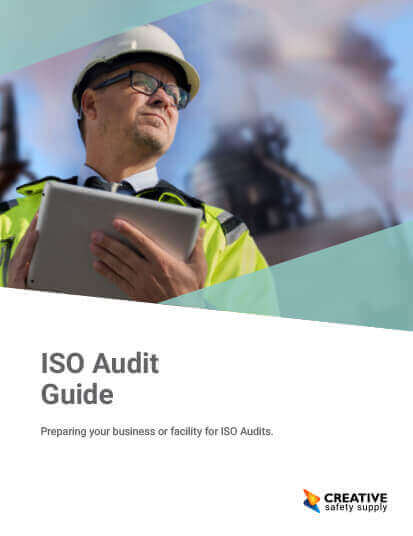
ISO certification is a crucial indicator of a business's commitment to meeting and exceeding international standards. It is a formal recognition that an organization has established and maintained robust processes and systems. In the context of product quality, ISO certification plays a pivotal role in ensuring that businesses consistently deliver high-quality goods and services. In this article, we will explore how ISO certification directly impacts product quality and why this should be a top priority for business owners.
Understanding ISO Certification
Before delving into its impact on product quality, it's essential to understand what ISO certification entails. ISO certification involves a rigorous process of evaluation and verification by an accredited third-party certification body. The goal is to assess whether a business's processes, systems, and practices align with the specific ISO standard(s) they are seeking certification for. This evaluation is not a one-time event, but an ongoing process that requires businesses to continually meet and uphold the standards.
ISO Certification and Product Quality: A Symbiotic Relationship
ISO certification and product quality share a symbiotic relationship. When a business achieves ISO certification, it signifies that the organization has implemented and adheres to a set of standardized processes designed to ensure quality. For example, ISO 9001, the most widely recognized standard for quality management, outlines principles that focus on customer satisfaction, process efficiency, and continual improvement. By following these principles, businesses establish a framework that directly contributes to consistent, high-quality products.
Consider a company that manufactures electronic components. By obtaining ISO 9001 certification, they commit to implementing rigorous quality control measures at every stage of production. This includes thorough testing, traceability of materials, and adherence to strict documentation procedures. As a result, the company consistently produces electronic components that meet or exceed industry quality benchmarks.
Why Business Owners Should Care
Business owners should prioritize ISO certification for several compelling reasons. Firstly, it directly impacts the bottom line. Consistently delivering high-quality products not only leads to customer satisfaction but also reduces costly returns, repairs, and recalls. Moreover, ISO certification enhances the company's reputation and credibility in the marketplace. It signals to customers, partners, and stakeholders that the business is committed to excellence and is willing to undergo rigorous assessments to ensure quality.
Additionally, ISO certification can open doors to new markets and opportunities. Many global clients and partners require suppliers to be ISO certified as a prerequisite for collaboration. This certification, therefore, can be a strategic differentiator that sets a business apart from competitors.
Furthermore, ISO certification promotes a culture of continuous improvement. It encourages businesses to regularly assess their processes, identify areas for enhancement, and implement changes to drive efficiency and quality. This proactive approach not only keeps the business competitive but also positions it as an industry leader.
ISO certification is not merely a badge of honor; it is a powerful tool for enhancing product quality and driving overall business success. Through the rigorous adherence to standardized processes, businesses can consistently deliver goods and services that meet or exceed customer expectations. This commitment to quality not only builds trust and credibility but also contributes to the long-term viability and prosperity of the business.
Similar Questions
- How does ISO 9001 relate to quality management systems?
- Is it Worth it for Small Businesses to Invest in ISO Certification?
- Why Are ISO Standards Important for Businesses?
- What Should I Expect in the ISO Certification Process?
- What Role does ISO play in Global Trade and Market Access?
- What Are Some of the Key Differences Between ISO 9001 and ISO 14001?
- What Are the ISO Standards for Food Safety?
- How can ISO 45001 improve workplace safety and health?
- How does ISO 50001 drive energy efficiency and sustainability?

